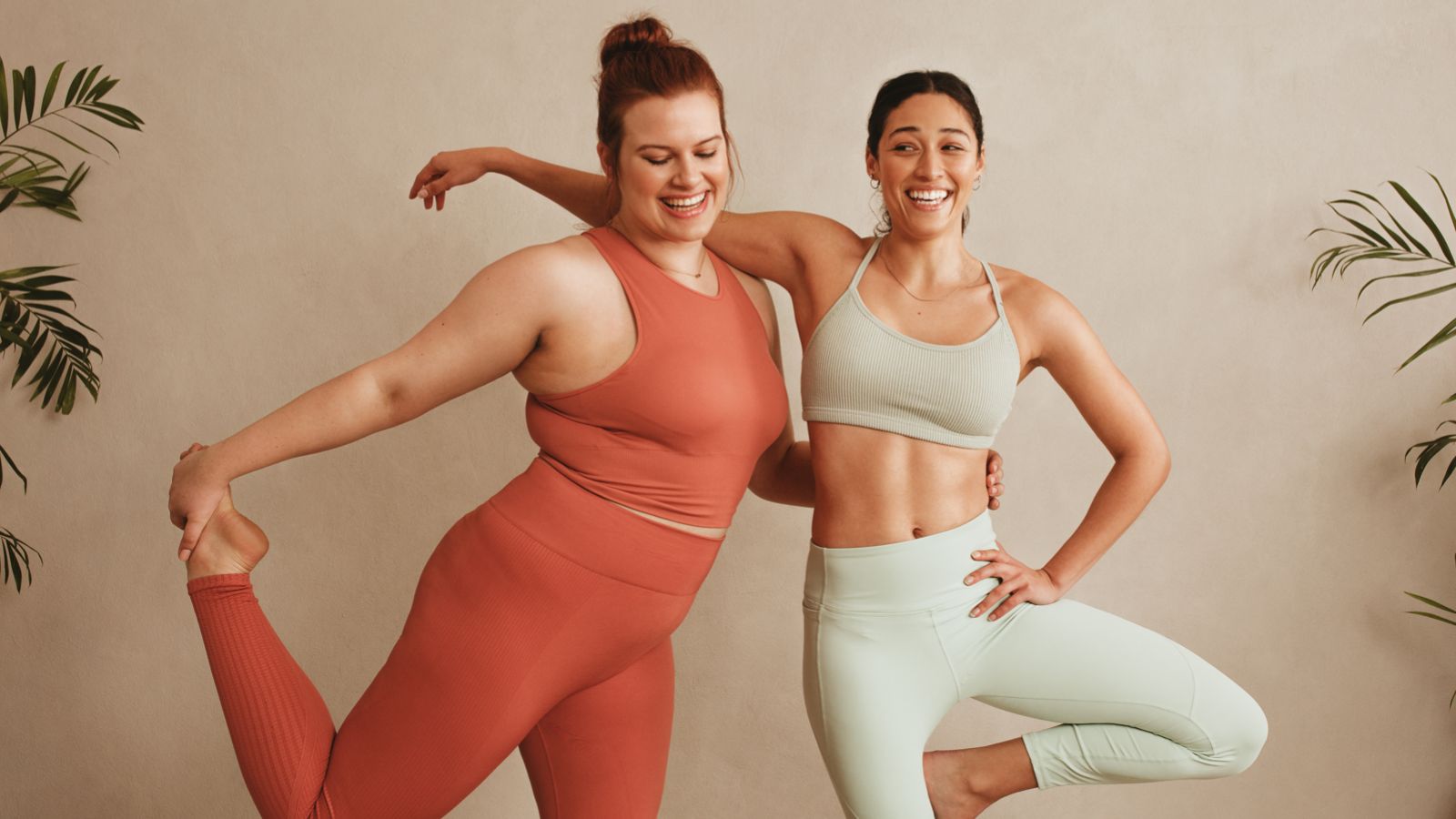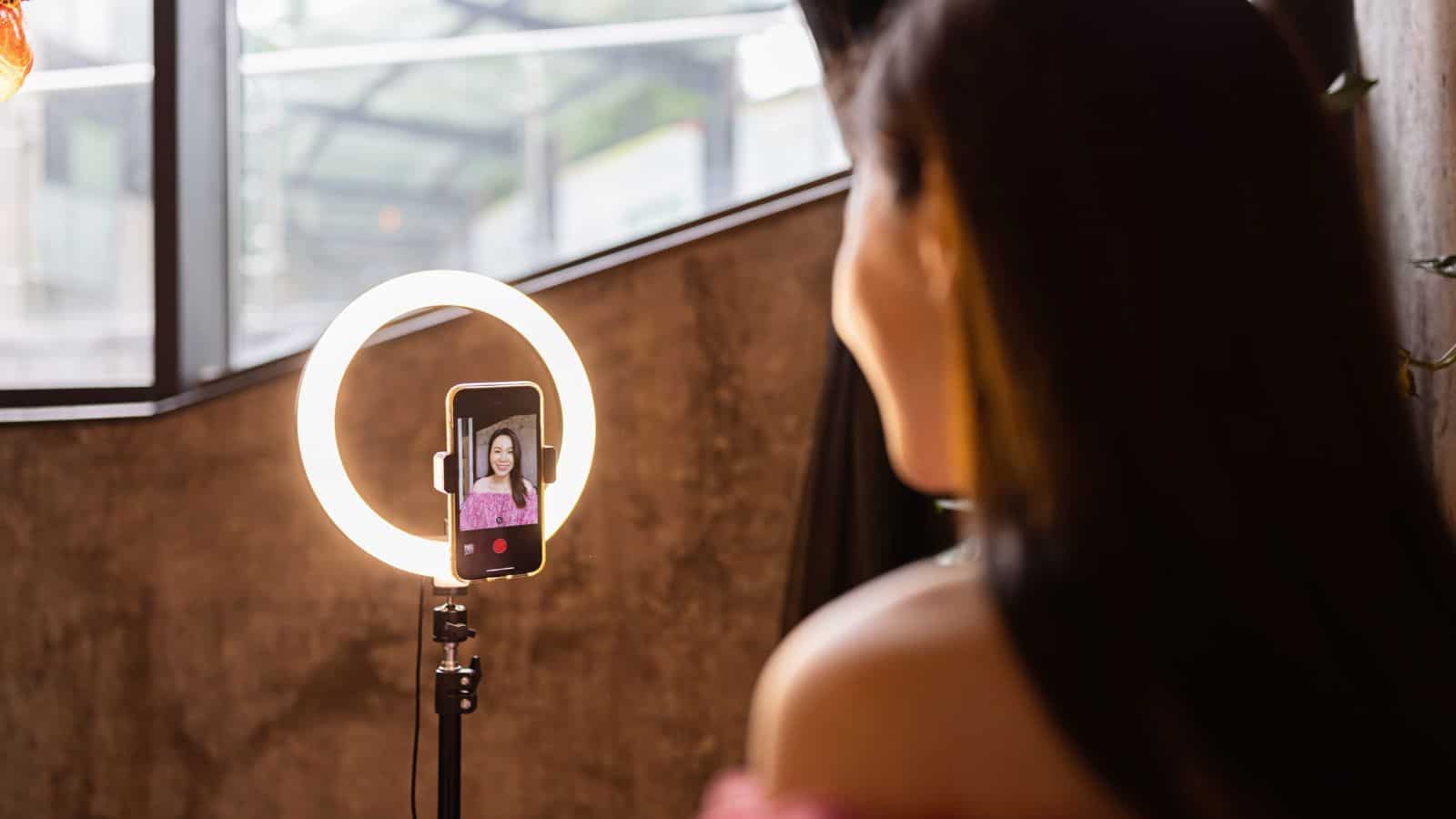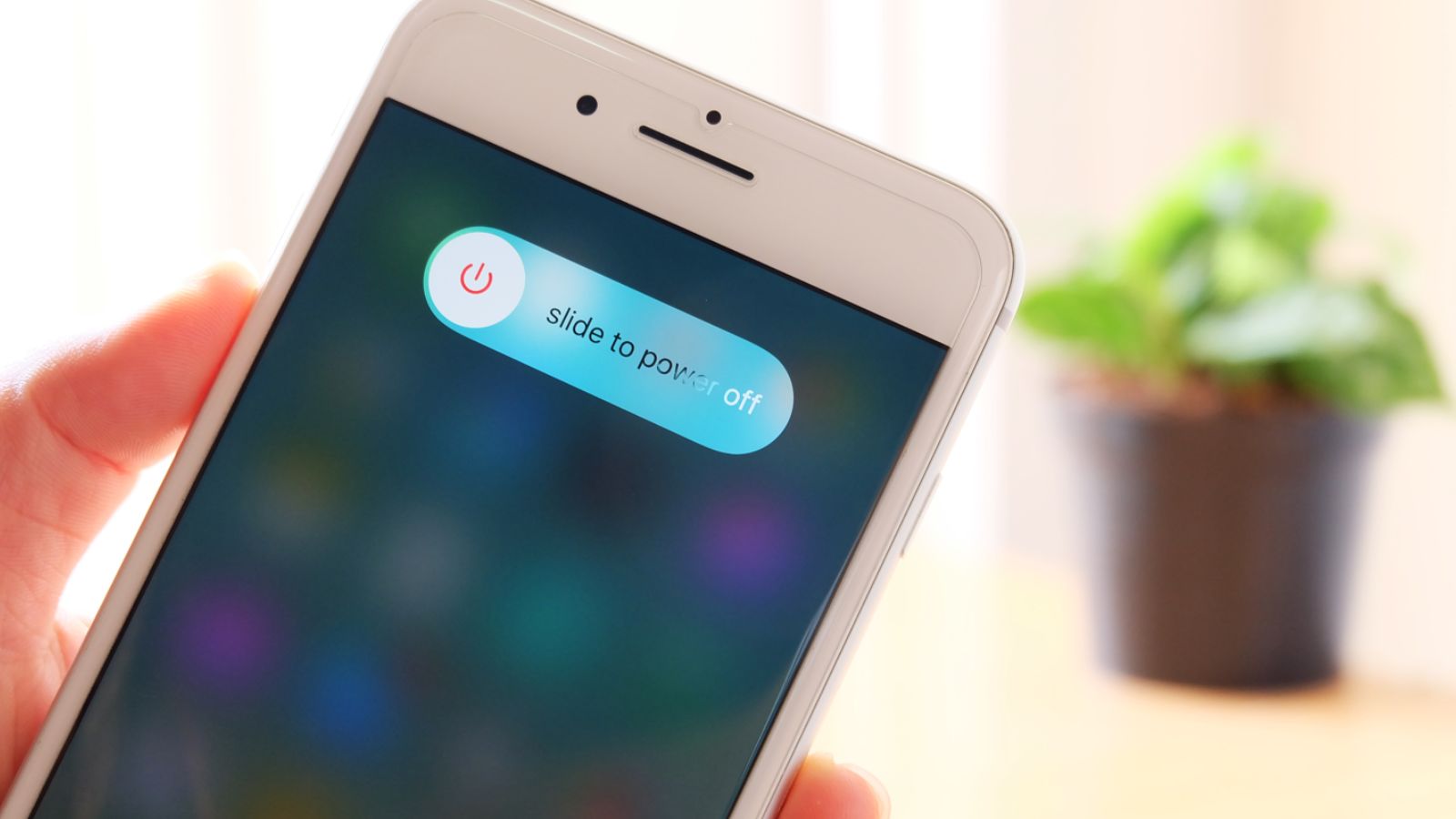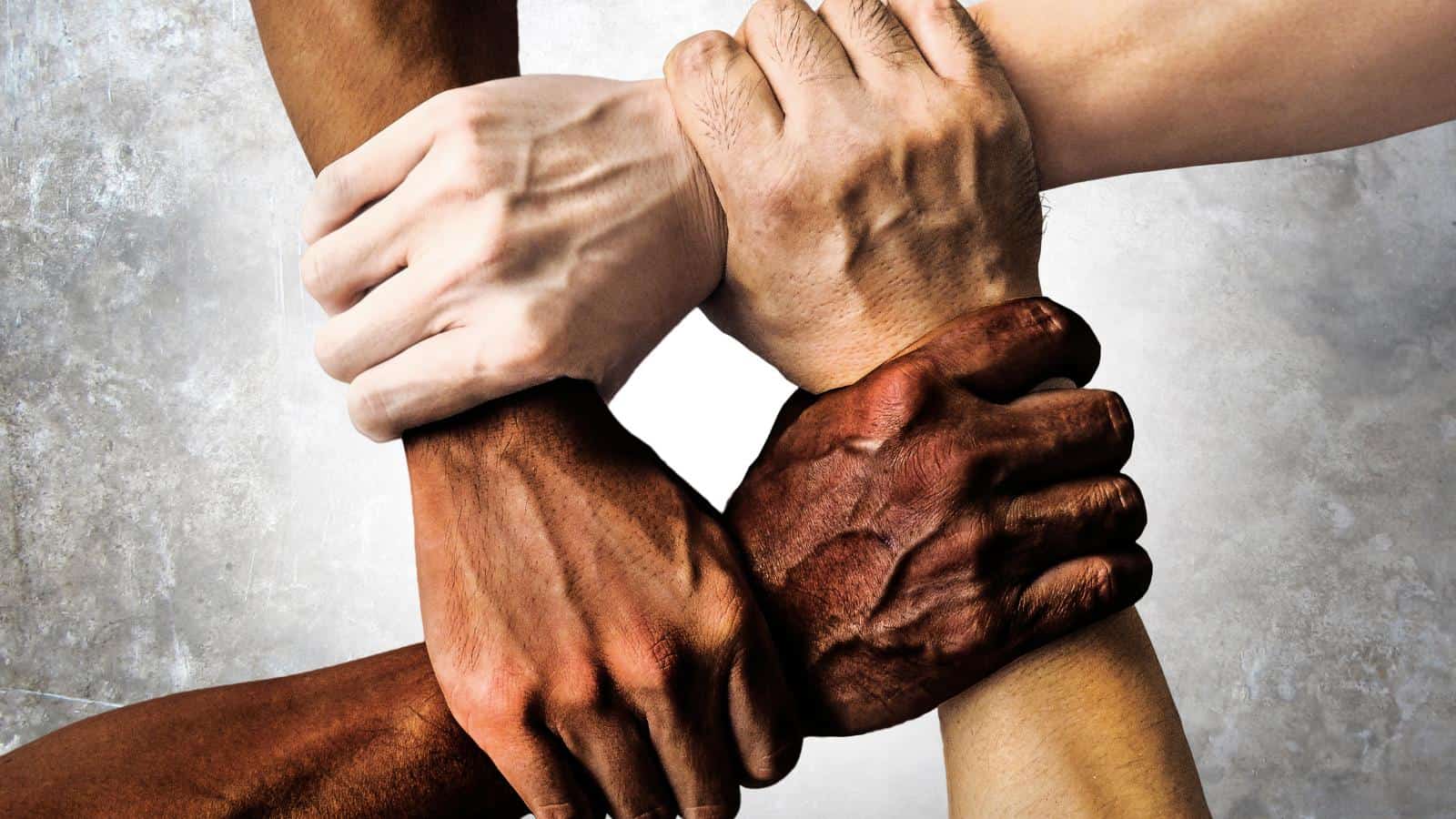New trends are emerging all the time, and some of these trends, often described as ‘woke,’ can be puzzling for older generations—particularly Baby Boomers. While some might embrace these shifts, others find them difficult to understand or accept. Let’s explore 19 of these ‘woke’ trends that they often struggle to get on board with.
Gender Neutral Pronouns

According to the BBC, “Gender-neutral pronouns are defined… as providing an identity for a singular person who does not identify as he/him or she/her.” Pronouns like “they/them” are becoming more common, especially among younger people, but boomers who grew up with a different understanding of gender roles and language often find this change confusing.
Cancel Culture

Another trend that has taken the younger generation by storm is cancel culture, but it leaves many older folk scratching their heads. The idea of holding public figures accountable for their actions, sometimes leading to their ‘cancellation’ or ostracism, seems harsh to those who believe in second chances.
Veganism and Plant-Based Diets

While healthy eating has always been important, the rise of veganism and plant-based diets is something many boomers struggle to understand. For a generation raised on meat and potatoes, the idea of eliminating all animal products can seem somewhat extreme.
Social Media Activism

The way activism is conducted has transformed with the advent of social media; hashtags, viral campaigns, and online petitions are now standard tools for raising awareness and effecting change. Older generations, who are used to more traditional forms of protest like marches and rallies, often view social media activism as superficial.
The Gig Economy

Characterised by short-term contracts or freelance work instead of permanent jobs, the gig economy is thriving among younger generations. Boomers, who typically valued long-term stability, often find this trend perplexing, as they worry about the lack of benefits and job security.
Body Positivity Movement

The body positivity movement promotes the acceptance of all body types, challenging traditional beauty standards, and while this trend aims to reduce body shaming and improve mental health, older people might find it hard to embrace. Raised with different societal norms, they may struggle to understand the importance of this movement.
Minimalism

Minimalism, the practice of living with fewer possessions to simplify life and focus on what matters, is gaining traction among younger people. Baby Boomers, however, often equate success and happiness with material wealth and abundance, and as a result, find it difficult to appreciate the appeal of minimalism.
Mental Health Awareness

The increased focus on mental health and the de-stigmatisation of seeking help is a significant shift from previous generations’ attitudes. Earlier generations who often grew up in environments where mental health issues were taboo or seen as weaknesses might struggle to understand the importance of this change.
Influencer Culture

Influencer culture, where individuals build careers through social media by promoting products and lifestyles, is a phenomenon that baffles many Baby Boomers. The idea that someone can earn a living by posting on Instagram or YouTube seems unreal to those who value traditional professions.
Online Dating

The way people meet and form relationships has been revolutionised by online dating and apps like Tinder or Bumble, but for older individuals who grew up with more traditional dating methods, this can feel uncomfortable or impersonal. The idea of swiping left or right to find a partner can seem shallow and less meaningful compared to face-to-face interactions.
Cryptocurrency

Taking the financial world by storm, cryptocurrencies like Bitcoin often confuse boomers, who also consider it a huge risk. Used to traditional banking and physical money, they may struggle to understand how digital currencies work and the value they hold.
Work-Life Balance

Younger generations increasingly prioritise work-life balance, valuing personal time and well-being over long hours and career advancement. Parents and grandparents, who were often encouraged to work hard and climb the corporate ladder, might view this trend as a lack of ambition or dedication.
Non-Traditional Career Paths

Non-traditional career paths, such as YouTubers, gamers, or content creators, are becoming more accepted and lucrative; the boomer generation, however, often finds it hard to take these careers seriously. Raised with more conventional job expectations, they might see these paths as unstable or frivolous, not understanding the potential for success.
Environmental Activism

While many older folk care about the environment, the intensity and urgency of today’s environmental activism can be overwhelming for some. Movements like Extinction Rebellion and Fridays for Future call for drastic and immediate action, which can seem extreme to those used to more gradual approaches.
Pronoun Visibility

Beyond just using gender-neutral pronouns, the visibility and importance of stating pronouns in social media bios, email signatures, and introductions are trends boomers often find perplexing. They might see this practice as unnecessary or overly politically correct, not realising how it means a more inclusive and respectful environment.
Sustainable Fashion

The shift towards sustainable fashion, with an emphasis on ethical production and second-hand shopping, is gaining momentum among younger generations. But for those who grew up in an era of fast fashion and consumerism, many find it hard to understand the importance of sustainability in clothing.
Digital Detox

Taking a break from digital devices to improve mental health and well-being is a trend that a lot of the boomer generation find puzzling. While they understand the importance of face-to-face interaction, the concept of a ‘digital detox’ can seem unnecessary, only because they may not fully grasp the extent of digital fatigue experienced by younger people.
Flexible Work Arrangements

Flexible work arrangements, including remote work and flexible hours, are becoming increasingly popular, but boomers, who are used to the traditional 9-to-5 office setting, might find this shift challenging. They may question the productivity and effectiveness of working from home or having non-standard hours, not recognising the benefits of flexibility.
Inclusive Beauty Standards

Lastly, the beauty industry is evolving to embrace a broader range of skin tones, body types, and gender expressions, and this inclusive approach is a significant shift from the narrow beauty standards older people grew up with. While they might appreciate the progress, some find it hard to keep up with the rapid changes.

